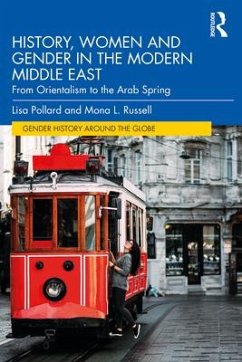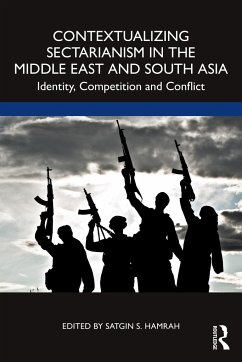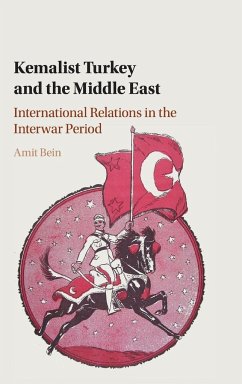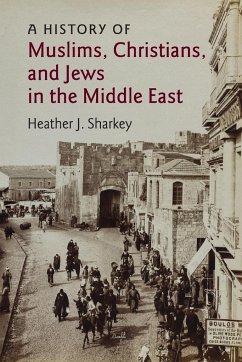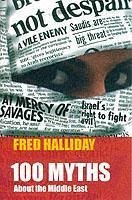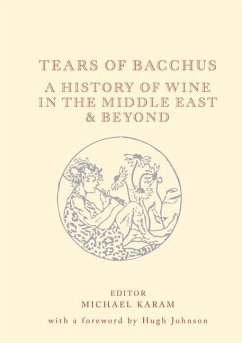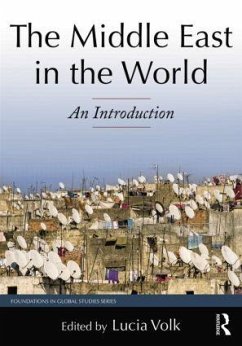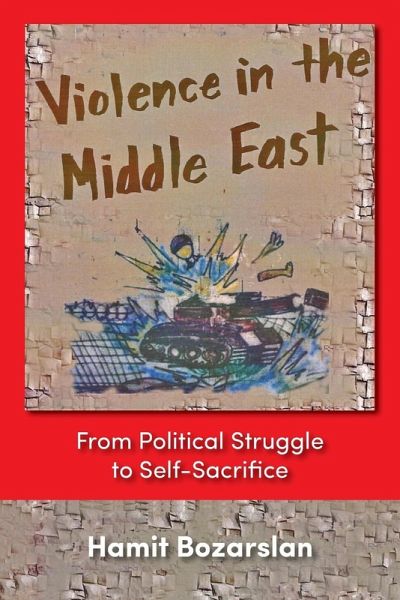
Violence in the Middle East
From Political Struggle to Self-Sacrifice
Versandkostenfrei!
Versandfertig in 1-2 Wochen
22,99 €
inkl. MwSt.

PAYBACK Punkte
11 °P sammeln!
Violence has been a central political issue in many Middle Eastern countries during the past two decades, either episodically (Syria, Iran) or continually (Turkey, Egypt, Algeria, Iraq, Afghanistan, and Israel/Palestine). This groundbreaking new study sheds light on the dynamics of this phenomenon by going beyond factors usually cited as the root causes—economy, religion, and culture—and investigating the political structure that actually triggers this violence. Violence seems to be treated by some groups during their initial stages as a rational instrument for changing contested power rel...
Violence has been a central political issue in many Middle Eastern countries during the past two decades, either episodically (Syria, Iran) or continually (Turkey, Egypt, Algeria, Iraq, Afghanistan, and Israel/Palestine). This groundbreaking new study sheds light on the dynamics of this phenomenon by going beyond factors usually cited as the root causes—economy, religion, and culture—and investigating the political structure that actually triggers this violence. Violence seems to be treated by some groups during their initial stages as a rational instrument for changing contested power relations. In their later stages, these movements often weaken and spawn fragmented and privatized forms of violence—warlords are one example—and in some situations the violence metamorphoses into nihilistic, sacrificial, and/or messianic forms. This book explores the ways in which the criminalization of political, ethnic, and sectarian identities has contributed to the formation of a "tragic mind" that perceives violence as the surest provider of justice and hope. The author’s in-depth analysis, which combines approaches from the cognitive, social, and religious sciences, can help us to understand the logic behind these forms of violence.





